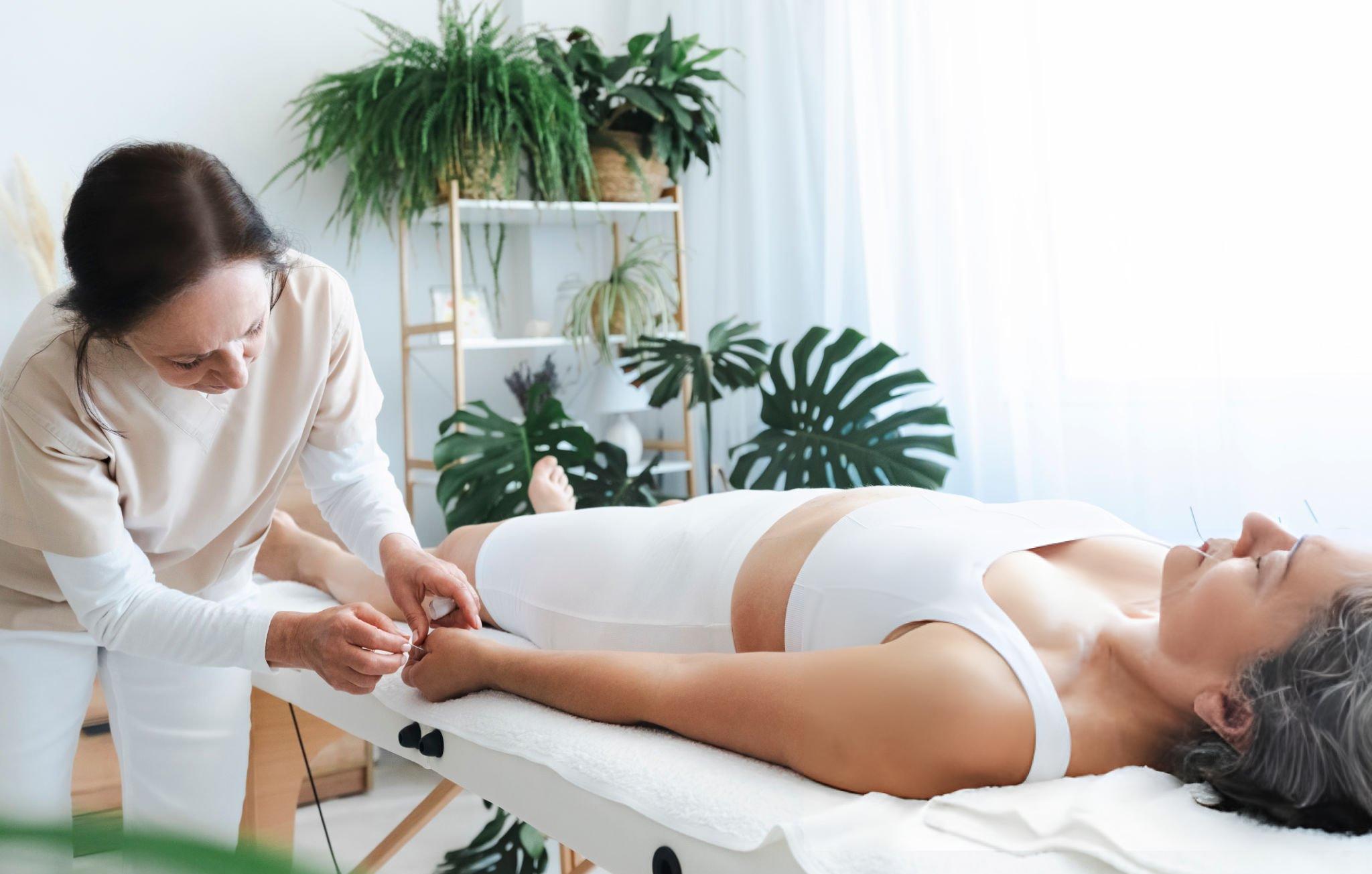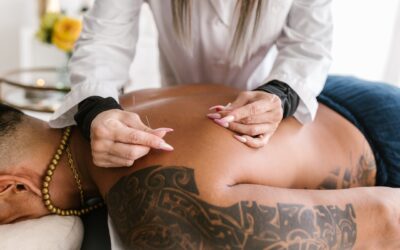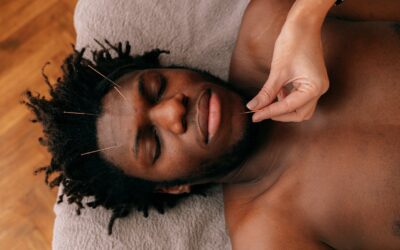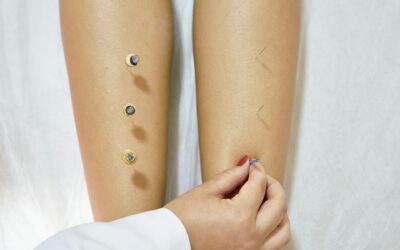Menopause brings many changes, and one common shift is hot flashes. These unexpected waves of heat may appear without warning, sometimes affecting sleep, focus, and daily comfort. Some women notice them occasionally, while others may experience them multiple times daily. Triggers vary, and discomfort can differ from person to person.
Acupuncture may help support the body during this transitional phase. Through gentle techniques, acupuncture may encourage balance in the body, potentially easing hot flashes, night sweats, mood fluctuations, and sleep disruptions.
Understanding Menopausal Hot Flashes
Hot flashes are a sensation of warmth that may start in the chest or face and sometimes spread throughout the body. They can last from a few seconds to several minutes and may be accompanied by sweating, flushing, or chills afterward. Hot flashes may occur unpredictably but can also follow patterns influenced by stress, diet, or environment.
Hormonal shifts during menopause, particularly changes in estrogen levels, may make the body’s temperature regulation more sensitive. Acupuncture may help by influencing internal systems that regulate temperature and stress responses.
Common triggers that may contribute to hot flashes include:
- Hot environments or direct sunlight
- Emotional stress or anxiety
- Spicy foods or heated beverages
- Alcohol or caffeine intake
- Wearing tight or non-breathable clothing
How Acupuncture May Help Manage Hot Flashes
Acupuncture involves the placement of thin, sterile needles at specific points on the body. These points may support internal systems that help regulate temperature, hormonal balance, and emotional well-being.
Potential ways acupuncture may help include:
- Supporting temperature regulation: Certain points may work with areas that influence the body’s heat response, potentially easing hot flash intensity or frequency.
- Hormonal balance support: While acupuncture does not introduce hormones, it may help encourage internal systems to maintain steadier hormonal patterns.
- Stress reduction: Hot flashes may be worsened by stress, and acupuncture may help calm the nervous system, reducing stress-related triggers.
- Better sleep quality: By easing nighttime symptoms, acupuncture may help support more restful and uninterrupted sleep.
Some commonly used acupuncture points for menopausal support include:
- LI4 (Hegu): Between the thumb and index finger, often chosen to encourage circulation and ease tension.
- SP6 (Sanyinjiao): Above the inner ankle, which may support hormonal balance and emotional wellness.
- KD3 (Taixi): Near the inside of the ankle, connected to kidney health and overall menopausal support.
- GV20 (Baihui): Top of the head, which may help with emotional clarity and internal heat regulation.
Many individuals may notice gradual improvements. For example, some may experience fewer night sweats or better sleep within weeks, while others may benefit from ongoing sessions over time. Acupuncture may provide small but meaningful changes that contribute to overall comfort and balance.
Additional Potential Benefits of Acupuncture
In addition to potentially helping manage hot flashes, acupuncture may support other areas of well-being:
- Calmer emotional responses and stress management
- Reduced tension in the body
- Improved energy and focus
- Enhanced sense of balance and internal harmony
These benefits may appear gradually and vary from person to person. Small improvements in one area, like sleep, may positively affect other aspects of daily life, such as mood or daytime energy.
Finding Balance During Menopause
Menopause brings natural changes, and daily life can feel disrupted at times. Acupuncture for menopause symptoms may help support the body’s adaptation, encouraging balance, comfort, and overall well-being. Even subtle shifts, like improved sleep or steadier mood, may make daily life feel more manageable.
At Alivia Acupuncture Clinic LLC in Scottsdale, treatments are designed to support each person individually, focusing on how the body feels and responds over time. Acupuncture may be one way to help you feel more grounded and balanced during this transitional phase.
This information is intended for educational purposes only and does not provide medical advice, diagnosis, or treatment. Acupuncture is not a substitute for professional medical care. Please consult your primary care provider or a qualified healthcare professional regarding any health concerns or before beginning new treatments. Individual experiences may vary.





0 Comments